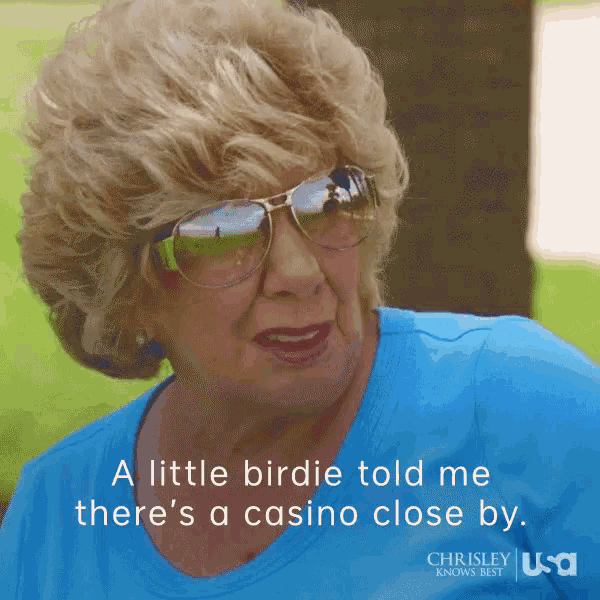Notwithstanding the fact that he was not the first, or only, person to do so, Charles Wells was immortalised in the Victorian music hall song, ‘The Man who Broke the Bank at Monte Carlo’, popularised by Charles Coborn. An inventor, gambler and convicted fraudster, Wells arrived in the Principality of Monaco in July, 1891, with the express intent of winning enough money at Casino de Monte-Carlo to fund an ambitious naval architecture project. Wells was infatuated with a French artists’ model, Jeannette Paris, who was less than half his age, and he aimed to impress her by creating one of the largest luxury yachts in the world.
In any event, Wells embarked on a five-day winning streak, during which he converted his initial £4,000 into £600,000 and ‘broke the bank’ on several occasions. Each card and roulette table at Casino de Monte-Carlo had a reserve of 100,000 Monégasque francs and, if any player won more than that amount they were said to have ‘broken the bank’. In a deliberately melodramatic ceremony, the table in question was covered with black crepe cloth, play was suspended, and extra cash was retrieved from the vault.
Exactly how ‘Monte Carlo’ Wells, as he became known, repeatedly beat the house remains a mystery. Wells insisted that his winning streak was down to an infallible gambling system, based on six years’ study of games of chance. He said, ‘Anyone is free to watch me play and imitate me, but the general defect of the ordinary casino gambler is that he lacks courage.’ However, granted Wells’ criminal tendencies, even after his exploits at Casino de Monte-Carlo, it would be fair to say that his protestations of innocence probably need to be taken with a generous pinch of salt.
Bingo, a.k.a. lotto, is a classic game in which players check off numbers on a physical, or electronic bingo card as they are called, at random, by a caller or host. The winner is the first player to complete a prescribed pattern, such as one, or two, horizontal rows, or all the numbers on the card, a.k.a. a ‘full house’.
Traditionally, so-called ‘cash bingo’ is played for cash prizes made up of a players’ stakes, minus playing fees, while so-called ‘prize bingo’ is played for prizes, of various forms, which are not directly to the number of players or players’ stakes. As far as casinos are concerned, neither form of bingo is particularly lucrative, but the social aspect of the game appeals to a wide demographic and its popularity endures.
Numerous variations of bingo exist, but the two most popular are 90-ball and 75-ball bingo, which take their names from the total number of balls in play. The 90-ball version is played with a bingo card consisting of a 9 x 3 grid, with 27 spaces in total, but only five spaces in each row contain numbers, so 15 numbers are in play. By contrast, the 75-ball version is played on a card consisting of a 5 x 5 grid, with 25 spaces in total; all the spaces contain numbers, with the exception of the centre square, which is desingated a ‘free’ space, so 24 numbers are in play.
‘Casino’ is an epic crime drama film based on the non-fiction book, ‘Casino: Love and Honor in Las Vegas, written by Nicholas Pileggi; unusually, Pileggi did not finish the book until after filming has started. Distributed by Universal Pictures in 1995, ‘Casino’ was directed by Martin Scorcese, who co-wrote the screenplay, and stars Robert De Niro, Sharon Stone and Joe Pesci.
The film charts the rise and fall of Sam ‘Ace’ Rothstein (De Niro), a former expert sports handicapper, who applies for a gaming licence, despite ‘at least two dozen gambling and bookmaking pinches’, and takes over the everyday running of the Mafia-controlled Tangiers Casino in Las Vegas in the early Seventies. Rothstein is joined in Las Vegas by his childhood friend Nicky Santoro (Pesci), who is assigned by Chicago Mafia boss Remo Gaggi to protect the skimming operation or, in other words, the cash taken ‘off the top’ of daily revenue to fund organised crime. Santoro, though, refuses to keep a low profile and his violent extracurricular activities earm him a place in the so-called ‘Black Book’, officially banning him from every casino in Nevada. Rothstein meets, has a daughter with, and marries former prostitute Ginger McKenna (Stone), but their relationship gradually breaks down, thanks in no small part to her former boyfriend, conman-turned pimp Lester Diamond (James Woods) and her increasing dependency on alcohol and drugs.
Rothstein was inspired by Frank ‘Lefty’ Rosenthal, a real-life Las Vegas legend, while McKenna was inspired by his real-life wife, Geraldine ‘Geri’ McGee, a Las Vegas showgirl, and Santoro was inspired by Anthony Spilotro, a.k.a. ‘Tony the Ant’, a much-feared Mafia enforcer, whose badly beaten body was found, along with that of his brother, Michael, in an Indiana cornfield in 1986.



